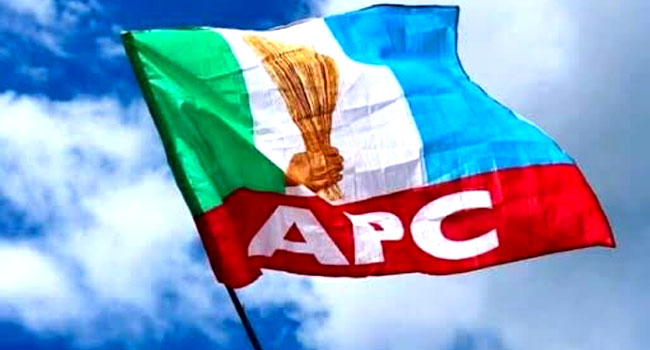The All Progressives Congress Deaf Support Group in Lagos State has voiced its profound disappointment over the persistent marginalization of its members within the party, particularly during the recent primary elections held on May 10, 2024, to select chairmanship and councillorship candidates for the upcoming local government elections scheduled for July 12, 2025. This exclusion, according to the group, represents a systemic issue that undermines the principles of inclusivity and equal representation.
The group’s chairman, Onifade Fatai, in a press conference held in Ogba, Lagos, articulated the group’s grievances, emphasizing the stark contrast between the rhetoric of inclusive participation of persons with disabilities (PWDs) in politics and the reality of their continued exclusion. He pointed out a troubling pattern where deaf individuals are often overlooked in favor of individuals with other forms of disabilities when opportunities for political appointments and policy formulation arise. This selective inclusion, Fatai argued, perpetuates the marginalization of the deaf community and denies them their rightful place in the political landscape.
One of the justifications frequently cited for excluding deaf individuals, Fatai revealed, is their reliance on sign language interpreters. This perceived dependence, he explained, is often misconstrued as a security risk, with some expressing concerns about the confidentiality of sensitive information. This line of reasoning, Fatai contended, is not only outdated but also reflects a lack of understanding of the capabilities of deaf individuals and the advancements in communication technology.
Fatai emphasized the proficiency of many deaf individuals in utilizing various digital communication tools, including smartphones, social media platforms, email, and SMS. He highlighted the accessibility of virtual meeting platforms like Zoom and Google Meet, which facilitate seamless communication, and also noted that many deaf individuals are accomplished content creators and writers. The need for interpreters, he clarified, arises primarily when interacting with the hearing community, prompting the group’s call for wider adoption of sign language to bridge this communication gap.
The group’s call for inclusion extends beyond token representation. Fatai stressed the importance of genuine participation in governance, where deaf individuals are not only considered as voters or volunteers but also as potential candidates for office and decision-makers. This, he argues, is crucial for ensuring that the perspectives and needs of the deaf community are adequately represented in policy formulation and implementation. Drawing parallels with global best practices, Fatai urged political parties to actively create spaces for greater PWD involvement, fostering an environment where their contributions are valued and their voices are heard.
The APC Deaf Support Group’s plea for inclusion is not merely a demand for representation; it’s a call for equity and recognition of their inherent capabilities. Their marginalization, they argue, is a disservice not only to the deaf community but also to the broader political landscape, which benefits from the diverse perspectives and talents of all its members. They implore the APC and other political parties to translate the rhetoric of inclusivity into concrete action, ensuring that deaf individuals have equal opportunities to participate in shaping the future of their communities and the nation. The group’s message is clear: true inclusion requires not just acknowledging their presence but actively integrating them into the political process.














